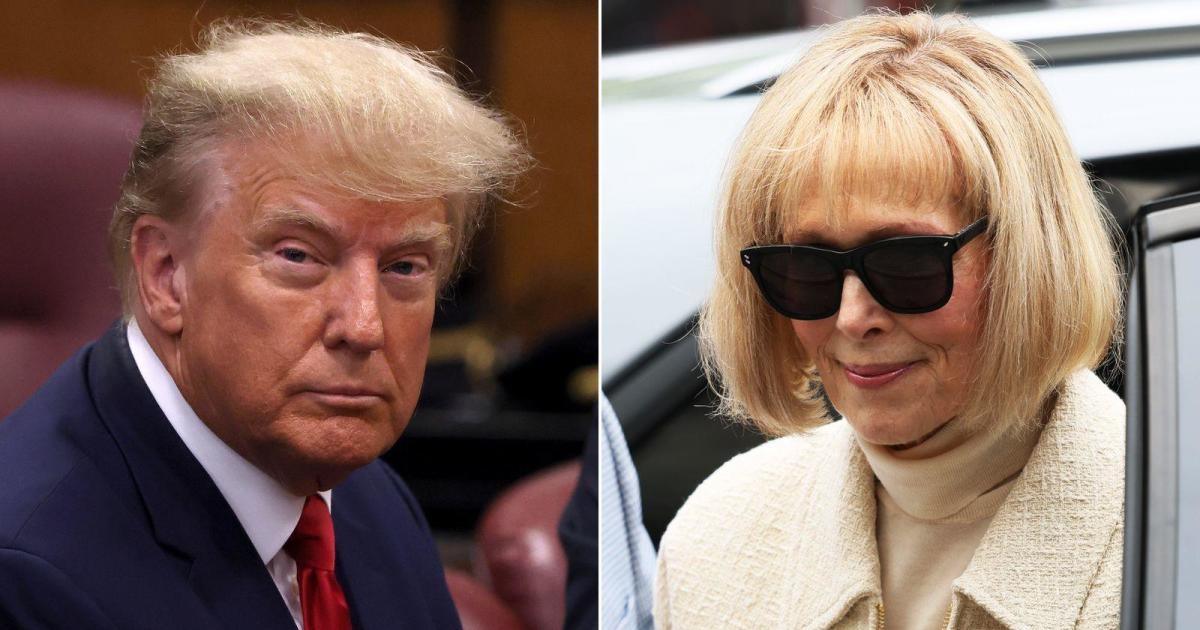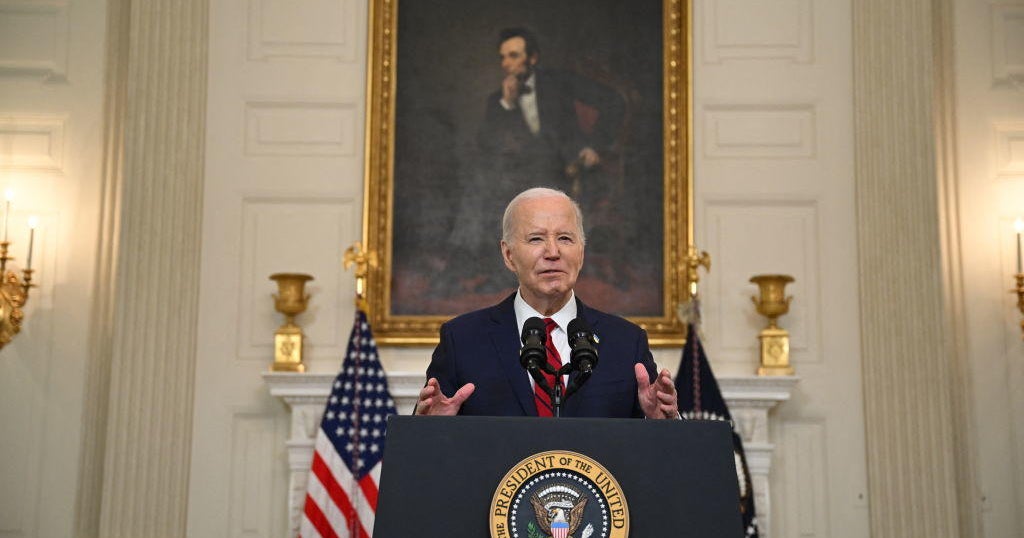Justice Department sues Texas over new voting law
The Justice Department is suing the state of Texas and Secretary of State John Scott over a recently-passed voting and elections law known as SB1, alleging the law will "disenfranchise eligible Texas citizens who seek to exercise their right to vote ... [and] will exacerbate the challenges they face in exercising their fundamental right to vote."
The lawsuit, announced Thursday, said Texas' decision to amend the type of assistance voters who require help while voting or cannot read or write receive at the polls, as well as changing rules regarding the rejection of mail ballots over "immaterial errors or omissions," violate the Civil Rights Act of 1964 and the Voting Rights Act.
"The State of Texas's history of official voting-related discrimination against its disfavored citizens is longstanding and well-documented," the Justice Deparment's complaint said. The complaint cited recent court decisions that have found "Texas's redistricting plans and voter identification requirements to discriminate against minority voters."
The Texas Secretary of State's office has not yet responded to a request for comment.
"Bring it. The Texas election integrity law is legal," Texas Governor Greg Abbott said in a tweet.
Under the new law, those who accompany eligible voters to the polls are no longer allowed to answer questions about the options listed on ballots or explain the voting process.
The law also made changes to identification requirements for mail-in ballots that the Justice Department says "mandates rejection of written materials requisite to voting based on errors or omissions that are not material to determining a voter's qualification to vote or vote by mail."
The bill also eliminates drive-thru and 24-hour early voting, both of which were widely used in the Houston area in 2020 during the pandemic. It would also expand early voting hours in some smaller and medium-sized counties; add ID requirements for voting by mail; ban officials from sending unsolicited absentee ballots requests; and give more powers to partisan poll watchers.
Several other states made changes to their voting laws in the wake of the 2020 election, but the fight in Texas was one of the most contentious in the country. The Justice Department sued Georgia in June over changes lawmakers made to overhaul its voting laws.
Texas House Democrats walked out of the Capitol during the final hours of the regular session to defeat a previous version of the bill. After Abbott called a special session in July, more than 50 Texas House Democrats went to Washington, D.C. to break quorum, bringing the legislature to a halt.
Eventually, Democrats returned to Austin and the bill passed during the state's second special session.
There has been no proof of widespread voter fraud during the 2020 election in Texas. The Texas Secretary of State's office announced in September that it was conducting a "full and comprehensive forensic audit" of the 2020 election in four counties, three of which President Biden won. The audit has two phases: testing voting machines and reviewing election records, the latter of which will start in the spring.



